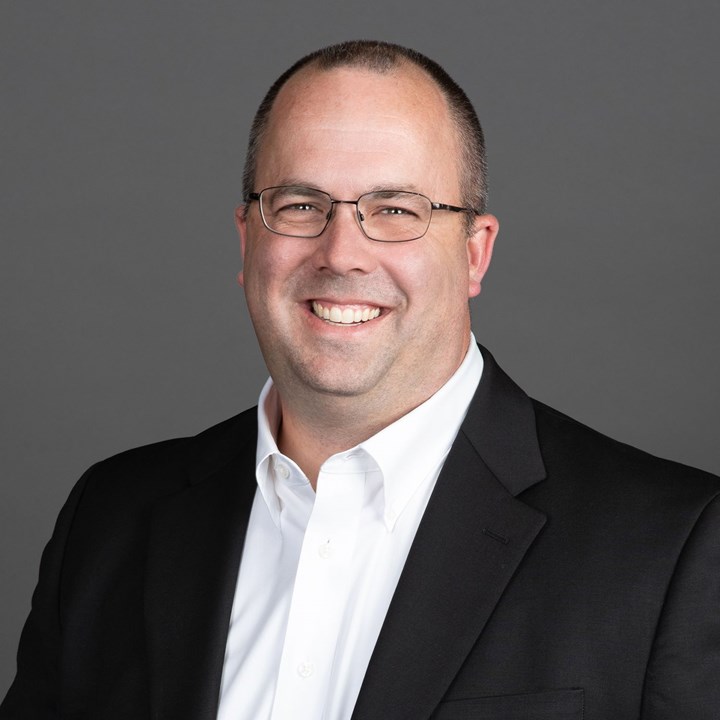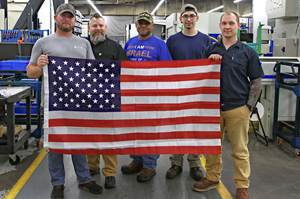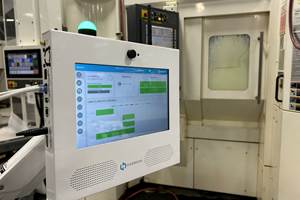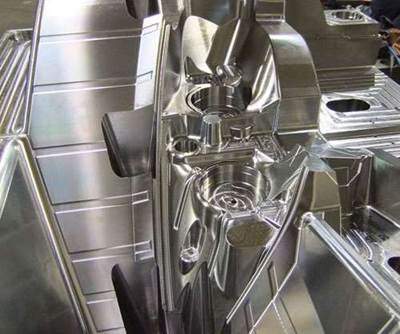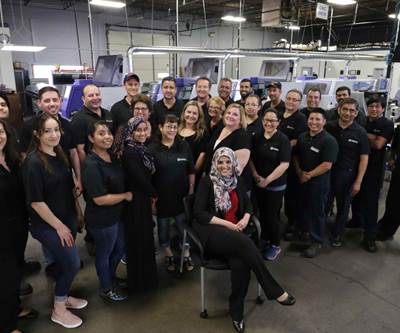A Sense of Purpose and Belonging: People Drive Company Growth
Tips for creating an employee-centric business.
Share




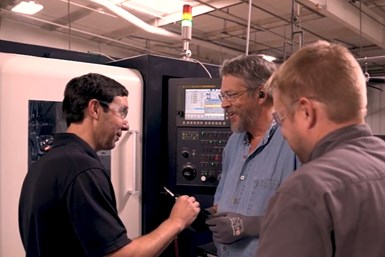
All these efforts are focused on developing a sense of purpose and belonging.
In 2014, we formed Trinity Precision as part of a business aquisition. It can seem like an overwhelming challenge to purchase a business with the mission to maximize its potential beyond what the company and culture dreamed possible. After growing for five years, almost quadrupling the sales, tripling the workforce, adding 13 new machines, introducing robotics/automation, implementing data systems throughout the process, and touching every aspect of the business with continuous improvement, the fundamental pieces that helped establish that path to success are more clearly seen.
For anyone on the journey from acquisition to dreamed potential, I offer the following advice from my experience. In the first days of our journey, we started to establish a very simple perspective of who we would be as a company: people, process and principle.
In any labor market — especially a tight one — the real cost of labor is not the wages for those working with you, but the cost of missed opportunities driven by a lack of people and the cost to continuously train people to replace the ones already trained.
The first steps of our journey were focused on the foundation of the people in the business. During the diligence phase of the acquisition, the decision was made to adjust many of the human resources policies from the start. We decided that we would work strategically to establish a people-centric culture that focused on the development of an amazing and talented team while working every day to ensure that we retained them. In any labor market — especially a tight one — the real cost of labor is not the wages for those working with you, but the cost of missed opportunities driven by a lack of people and the cost to continuously train people to replace the ones already trained.
Our first steps focused on the initial benefits package with the intention of making it the best in the community. While we did not start off as the best, we focused on several areas and worked to exceed our benchmark for them. We provided 10 paid holidays for our team — including the Friday after Thanksgiving, allowing everyone to spend a four-day week with family. Additionally, we provide both Christmas Eve and Christmas Day as paid holidays. Our focus is working to develop policies that are family- and employee-centric.
To allow flexibility for our employees and their lives outside of Trinity Precision, we created a generous PTO plan. We reviewed our medical, vision and dental insurance and benchmarked it against other plans in the area. The company decided to provide the richest benefits possible and absorb medical insurance increases instead of passing them along to employees. In the five years we have been in business, Trinity Precision has not passed one cent of healthcare increases to our people. It has become a critical component of our overall benefits plan. No matter the overall strategy, it is important to demonstrate in your benefits package that you want to go above the norm. Where you put your money, time and effort demonstrates what is important to you. When you put it toward your employees, they clearly understand that they work for a company that values them as individuals with dignity, not just as individuals who contribute to the company’s self interests.
In addition to building a great benefits plan, we focused on our culture and soft skills. These are typically words associated with industries that cater to service or technology. Manufacturing is about efficiency, utilization, lean and the measurable aspects of our lives. Dealing with the soft skills is not an area of focus for most machine shops. We have engaged in employee development including initial learning and communication-style profiling to better understand the make-up of our team. We engaged in development training for our employees that included “The Five Dysfunctions of a Team” training (absence of trust, fear of conflict, lack of commitment, avoidance of accountability and inattention to results) and critical listening training. Our teams attend industry events like the International Manufacturing Technology Show (IMTS) and Automate to learn about new technology, processes and opportunity for process growth. Soft-skill conferences include things like the Global Leadership Summit and the Manufacturers Round Table sponsored by the local Wichita Chamber of Commerce. These events help our team develop their leadership and problem-solving skills. They expose our team to different perspectives outside our company and culture giving us the opportunity to grow.
We also worked diligently to communicate and listen to our entire team. A weekly “all-hands meeting” focuses on highlights from the week and opportunities for improvement we have inside our company. We discuss at least three good things that happened that week, and we celebrate birthdays and anniversaries. We work to build community inside of our people-centric culture.
All these things are aimed at developing a sense of purpose and belonging. They are aimed at developing a strong next generation of leadership — something that does not happen overnight. The temptation when starting out is to focus on the process and the widget. Those things are important and cannot be ignored, but the critical elements that will help a business grow faster are the people and the culture. When a company grows through the team and not the drive of the individual owner — it is amazing how fast that growth will happen.
About the Author
David May, president and owner, Trinity Precision
David May is a Kansas kid, born and raised, with a love for aviation, manufacturing, people and technology. He believes in steward leadership as the basis for building a successful and thriving business. He is blessed to have an amazing family at home and work that are the foundation for what he does every day.
Related Content
Finding Skilled Labor Through Partnerships and Benefits
To combat the skilled labor shortage, this Top Shops honoree turned to partnerships and unique benefits to attract talented workers.
Read MoreCan Connecting ERP to Machine Tool Monitoring Address the Workforce Challenge?
It can if RFID tags are added. Here is how this startup sees a local Internet of Things aiding CNC machine shops.
Read MoreManufacturing Madness: Colleges Vie for Machining Title (Includes Video)
The first annual SEC Machining Competition highlighted students studying for careers in machining, as well as the need to rebuild a domestic manufacturing workforce.
Read MoreInside Machineosaurus: Unique Job Shop with Dinosaur-Named CNC Machines, Four-Day Workweek & High-Precision Machining
Take a tour of Machineosaurus, a Massachusetts machine shop where every CNC machine is named after a dinosaur!
Read MoreRead Next
Manufacturing as a Soul-Satisfying Experience
Many shops acknowledge a spiritual dimension to the business of making things. This awareness of a “higher calling” gives a boost to creativity, productivity, quality, ethics and teamwork.
Read MoreRetain and Retrain, or Replace?
The answer to this questions is never completely up to the business owner; employees also have a say in it.
Read MoreBuilding Out a Foundation for Student Machinists
Autodesk and Haas have teamed up to produce an introductory course for students that covers the basics of CAD, CAM and CNC while providing them with a portfolio part.
Read More















